By minimalism, I mean simple living, or practices that promote simplicity in one’s lifestyle, not the art movement. If one just scanned through minimalist web content, they could be forgiven for thinking that minimalism was simply about reducing the number of possessions owned, but that would be an oversimplification.
Minimalism is also about living intentionally, lowering the overstimulation and mania of the modern world, freeing oneself from consumer culture, and trading the excesses of modern life for things that matter more. For me that means things like time, relationships, service and self-reliance, but it may be something else to you.
The Overlap
Intersections between minimalism and survival occur in idealistic writings of Henry David Thoreau and John Muir and their appreciation of nature, and in the teachings of Mahatma Ghandi in which he promoted simplicity and self-sufficiency. Minimalist practices include reducing the number of possessions one owns, reducing dependence on technology and services, and spending less money. At 30,000’, it is easy to spot overlap between minimalism and survivalism, especially where minimalism overlaps with the practice of primitive survival.
The idea of the hunter gatherer living simply, off the land, often nomadically, with only what he carries on his back, caching items too heavy to carry.
Overlaps also occur in common minimalist survival adages such as “The more you know, the less you need.” and “Don’t own anything you can’t carry on your back at a dead run.”
There is certainly common ground between the two philosophies for everyone who feels burnt out and overstimulated by the daily grind of working one or more full-time jobs in the city just to scrape by. There is indeed a movement of people yearning for a simpler life and wanting to know what is in their food.
The feeling that we are becoming disconnected from nature and that that will certainly have negative consequences is nothing new and has surely existed since man built the first cities of any size. It is evidenced in Thoreau’s writing in the first half of the 1800’s and in writings from Roman times. Romans would escape the excess and overstimulation of the city to the spartan villa rustica just as the American middle-class escapes to country homes, hobby farms, homesteads, hunting cabins, and fishing camps.
Taking on a nomadic existence is perhaps another area of overlap. Minimalists who take to the road in boats, RVs or vans must necessarily embrace increased self-reliance, especially if motivated by improving their personal finances.
The Conflicts
There are also some areas of survival and minimalism that do not overlap, stockpiling being perhaps the most obvious.
Like survival, minimalism can also be taken to the extreme. Attempting to quantify their minimalism, some minimalists go to the extreme of setting and achieving goals to not own more than a certain number of possessions … to not own more than say, 100 items. Perhaps they cannot comprehend the end result of such a goal, that they will eventually end up zero possessions.
A past mentor of mine who was a professor of philosophy had a friend who went to Tibet to become a Buddhist monk. He began giving away is his possessions in an effort rid himself of attachment, eventually owning only his robes, a prayer book, prayer beads, a bowl and a spoon.
As he considered giving away his spoon, it dawned on him that his motivations for doing so were, on some level, still basically selfish. It was his desire to rid himself of attachment that was motivating him to rid himself of all his possessions. This was simply the opposite end of the spectrum of competition that drives so many people to make a competition of amassing as many homes or cars or boats or other material possessions or to amass the most expensive possessions as possible, only to become a slave to them. He could plainly see that he would be no more content than he was at that moment.
Indeed, the thought of stockpiling, basic to survival, necessary for a homesteader to make it through the winter months, or a bad harvest, would be unthinkable to some minimalists. They would think it akin to hording. Yet many of those same minimalists have no qualms stockpiling money or using minimalism to own fewer, nicer (more expensive) possessions. In my humble opinion, someone who trades an obsession with the number of material possession they own for the quality of the material possessions they own is still obsessed with material possessions.
Meeting in the Middle
As a writer, I suppose I have done little to conceal the fact that, between minimalism and survivalism, I lean toward the latter while still valuing the former, at least as an ideal.
I don’t see stockpiling as the ultimate goal of survivalism just as I don’t see owning less than some arbitrary number of possessions as the goal of minimalism. I suppose like both survivalism and minimalism for the correct principles that they embrace, such as self-reliance and frugality.
For me, at least, survivalism and minimalism collide in the works of Nassim Nicholas Taleb. Because, if there is an end goal of survivalism, then it is antifragility, another correct principle, which Taleb used to describe the condition of growing stronger in response to low order, negative stimuli and volatility.
Anyone can be killed by a high order disaster (think nuclear bomb), but in response to lower order survival ordeals (think stranded in a wilderness where survival is possible, but very difficult), some people die or are permanently damaged (fragile), others are simply unaffected (robust), but some actually benefit in some way for having survived the experience (antifragile). The adversity forges them into stronger, wiser, or more adaptable versions of themselves.
The word, “antifragility” was coined by Nassim Nicholas Taleb, a Harvard educated risk manager from an old money Lebanese Orthodox Christian family and author of The Black Swan (Taleb, The Black Swan: The Impact of the Highly Improbable, 2010) and Antifragile (Taleb, Antifragile: Things That Gain From Disorder, 2014), two books that are both “must reads” for any self-respecting survivalist. Antifragility is the word that describes the act of “thriving over merely surviving.” This idea strikes home with any survivalist with goals higher than “to keep on breathing.”
In the later book, Taleb describes anyone who makes more than minimum wage and still desires more wealth as belonging to the “Tantalized Class”, lumping them in with most of the middle class, along with “Russian billionaires, lobbyists, most bankers and bureaucrats.” Adding that “members are bribable provided they are given an adequate narrative, mostly with the use of casuistry.” Who doesn’t belong to it? In Taleb’s opinion, “Workers, monks, hippies, some artists, and English aristocrats escape it.” (Taleb, 2014) Easy for him to say … he’s rich, right? It’s not that simple though. The man has a valid point.
Let’s face it, emergency preparedness can be a little overwhelming, especially to folks who are just starting out. A little simplification can make it easier to get started. Taking those first steps is not easy for some people but every journey starts with a single step.
Likewise, experienced survivalist who have been stockpiling for decades, can often benefit from organization, taking inventory, selling, donating, and recycling to purge supplies that are no longer useful and then replace them, reclaim wasted storage space, and reallocate limited survival resources in light of what they have learned over those decades.
My own emergency preparations and stockpile is very different today than it was three or four decades ago because my understanding of survival has evolved significantly after decades of study, research, experience and tinkering. If “the more you know, the less you need” is true, I shouldn’t need anything at all by now, but it’s not quite that simple.
The world has changed since our distant ancestors existed as hunter gatherers and survival needs have changed along with it. They didn’t need to worry about nuclear weapons, drones, or being hunted with thermal imaging or facial recognition technology in the paleolithic. Man has made the world more complicated, and in doing so, has made it more fragile.
Survival needs now go way beyond the original “Rule of Threes” and the Earth could no longer support anywhere near the current population if everybody reverted to hunting and gathering without agriculture.
Urbanization is the long-term trend of humans migrating from rural areas, where most of them engaged in at least some agriculture, to cities. There will soon be more of us living in large cities than outside them for the first time in the history of the world. And that has made us vulnerable to a higher order of old threats, such as disease, famine, war and natural disasters, and has made us vulnerable to new threats like pandemics, dirty bombs, terrorism, supply chain interruption, HEMP, and genocide.
Globalization is the process of nations becoming interdependent and integrating trade. Thanks to globalization, certain goods cost less. In trade, we have shipped our production capacity overseas, are dependent on nations half a world away for a significant proportion of our food and oil, and are now dependent on our enemies for the medicines we need to live, the very large transformers we will need to repair our electrical grid after an EMP or HEMP, and even the semiconductors we need to build virtually all of our weapons. Greedy companies and politicians have put us in quite a pickle.
How do we out of it and manage these new risks? By identifying fragility and eliminating it and by learning to live simply and sustainably again. By each of us producing at least some of our own food. By more people moving out of cities and back into rural areas. By reversing some of the globalization, decoupling from our enemies and diversifying the global trade that remains. We shouldn’t be dependent on any single country for anything that we need to survive and certainly not an enemy.
If our brand of minimalism just means living simply, then I think there is plenty of overlap with survivalism, emergency preparedness and self-reliance, and that companies and politicians would do well to take note.
References
Taleb, N. N. (2010). The Black Swan: The Impact of the Highly Improbable. New York: Random House.
Taleb, N. N. (2014). Antifragile: Things That Gain From Disorder. New York: Random House.
Taleb, N. N. (2014). Glossary. In N. N. Taleb, Antifragile: Things That Gain From Disorder (p. 428). New York: Random House.

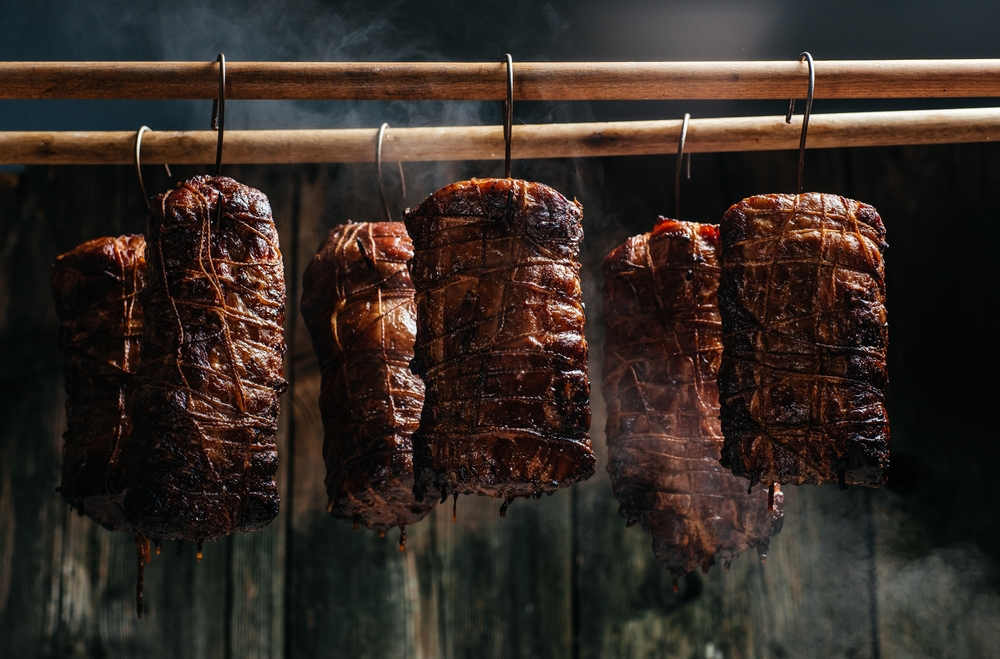

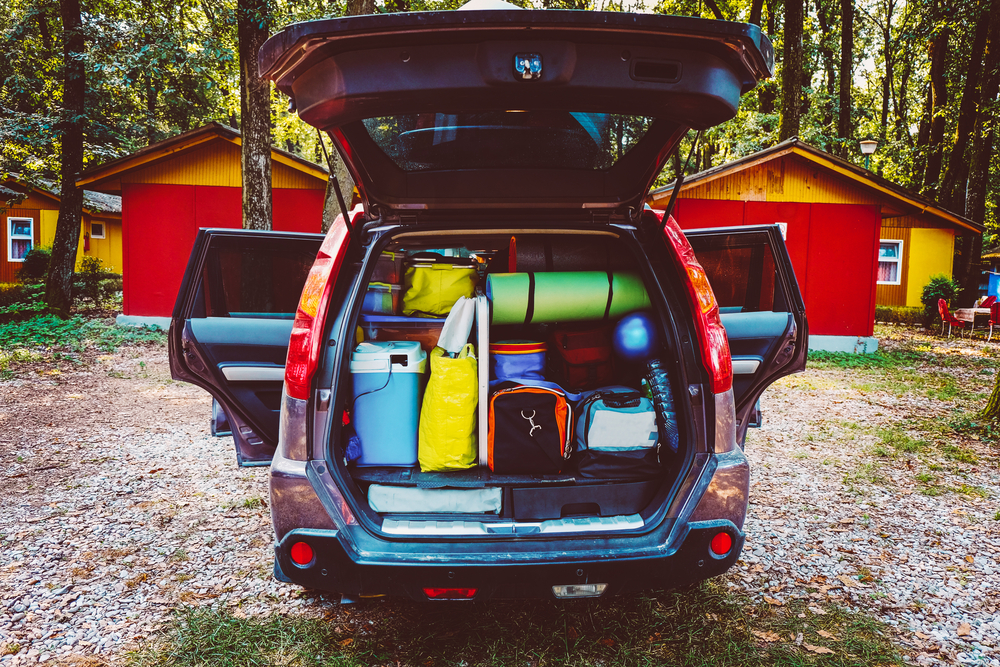


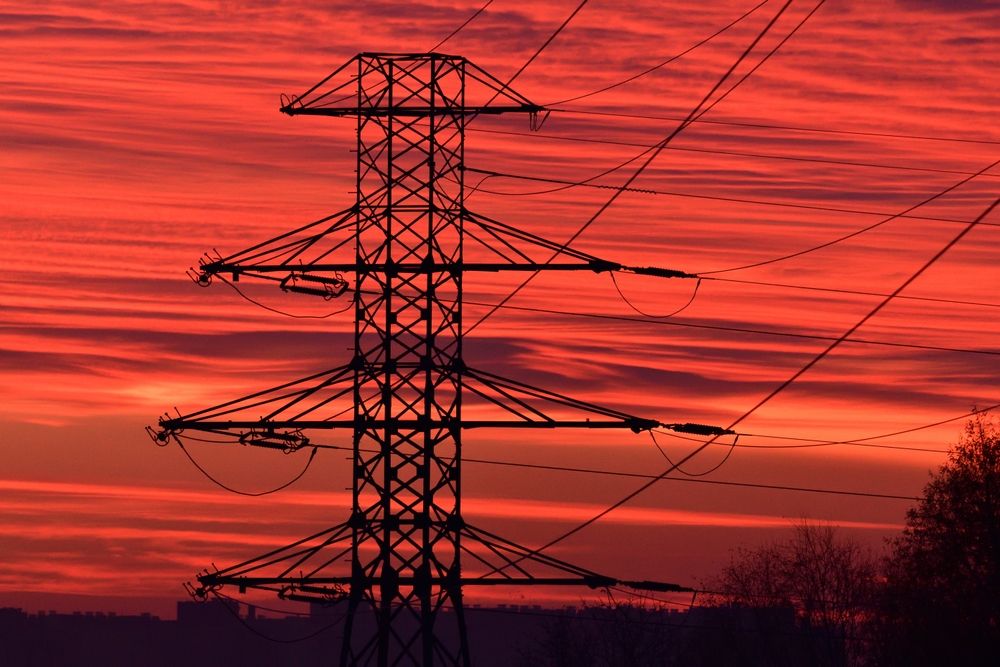
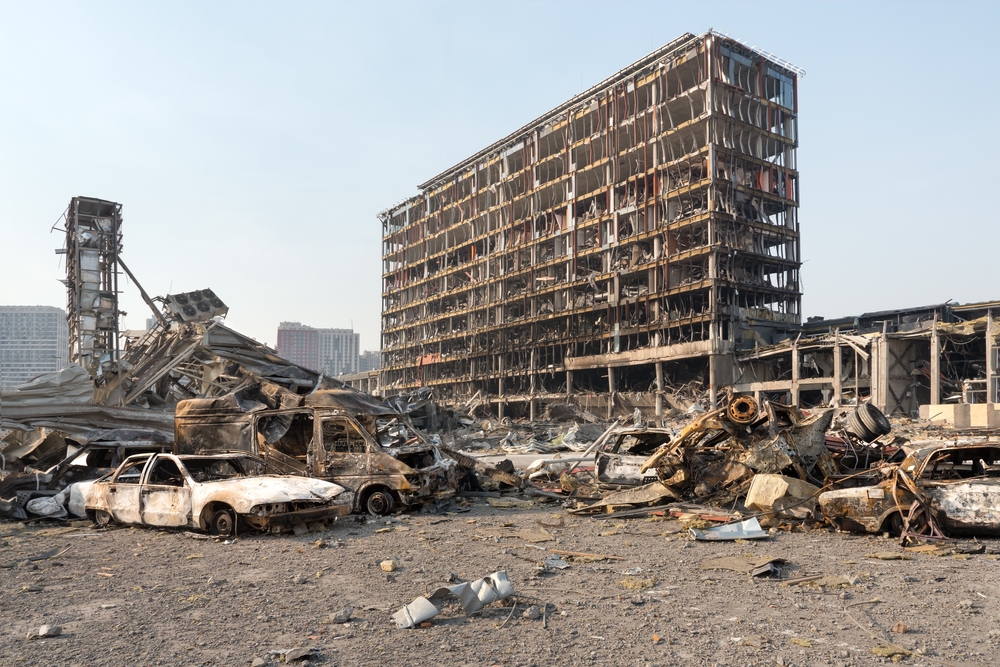

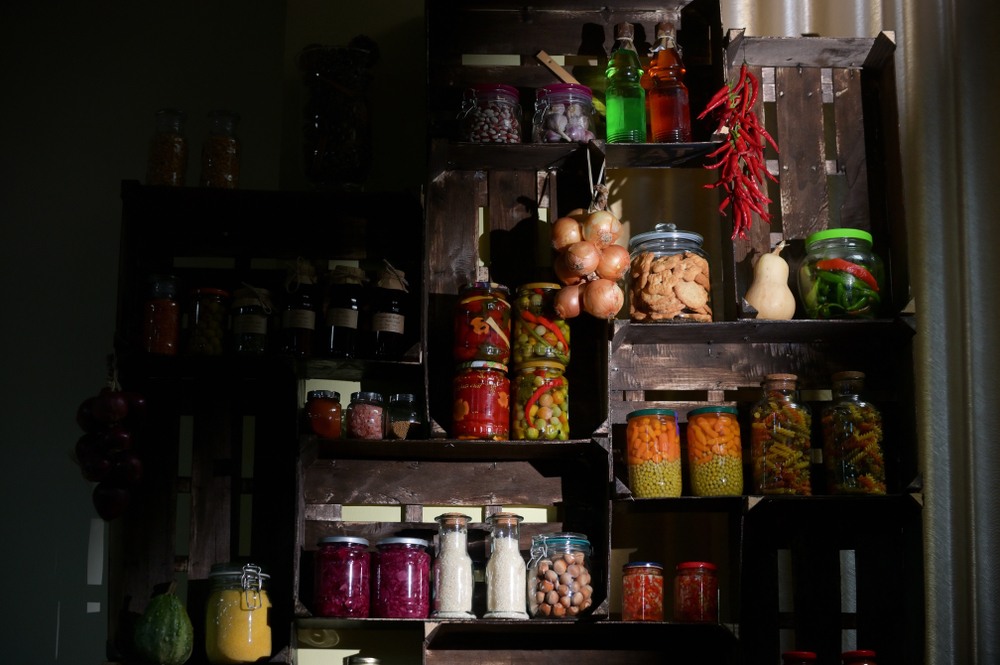









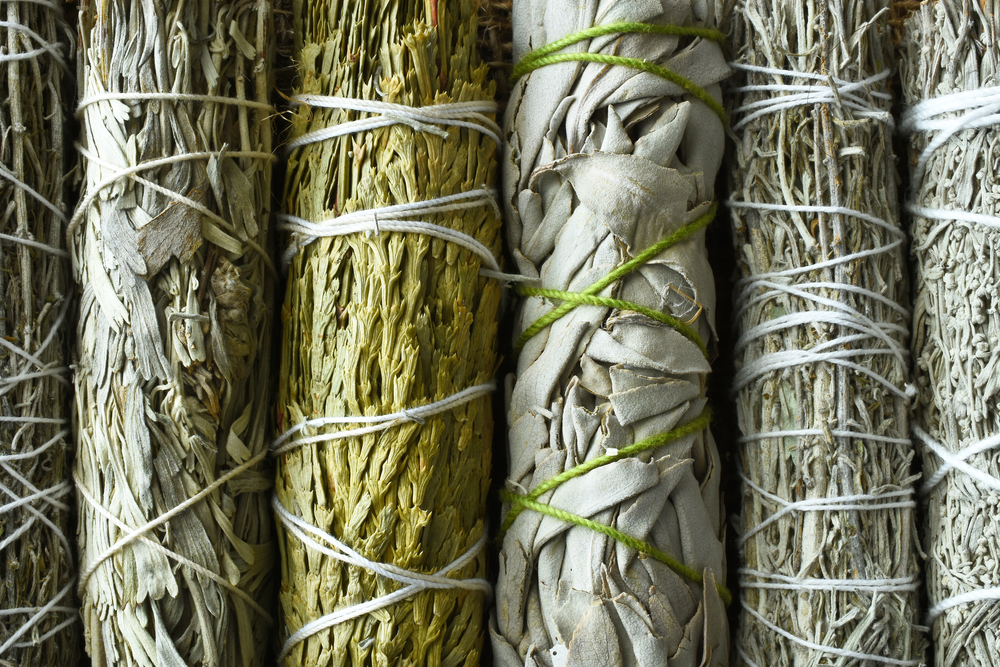
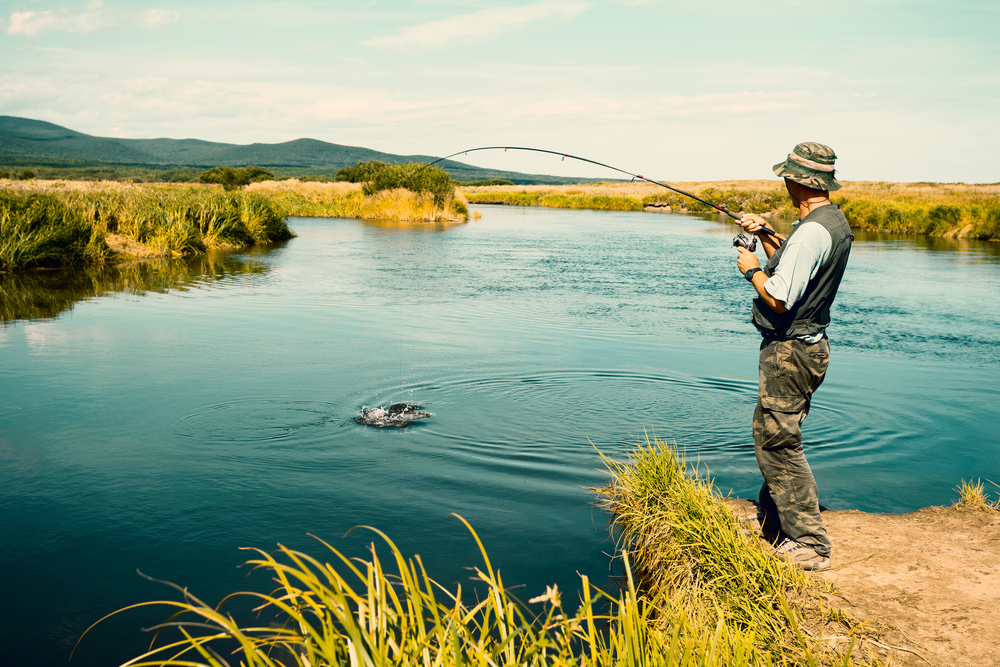

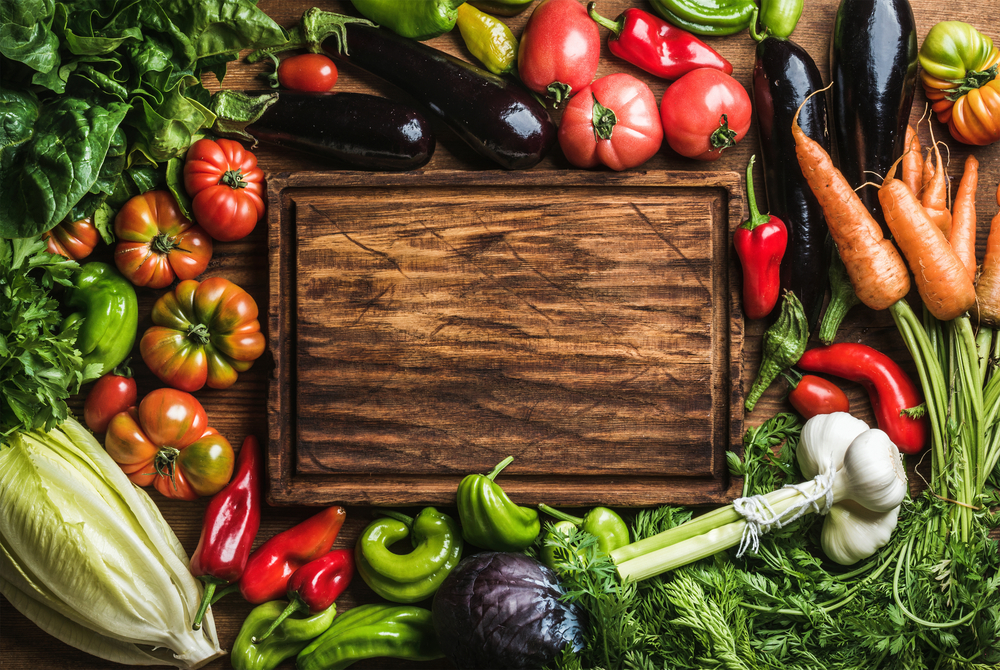
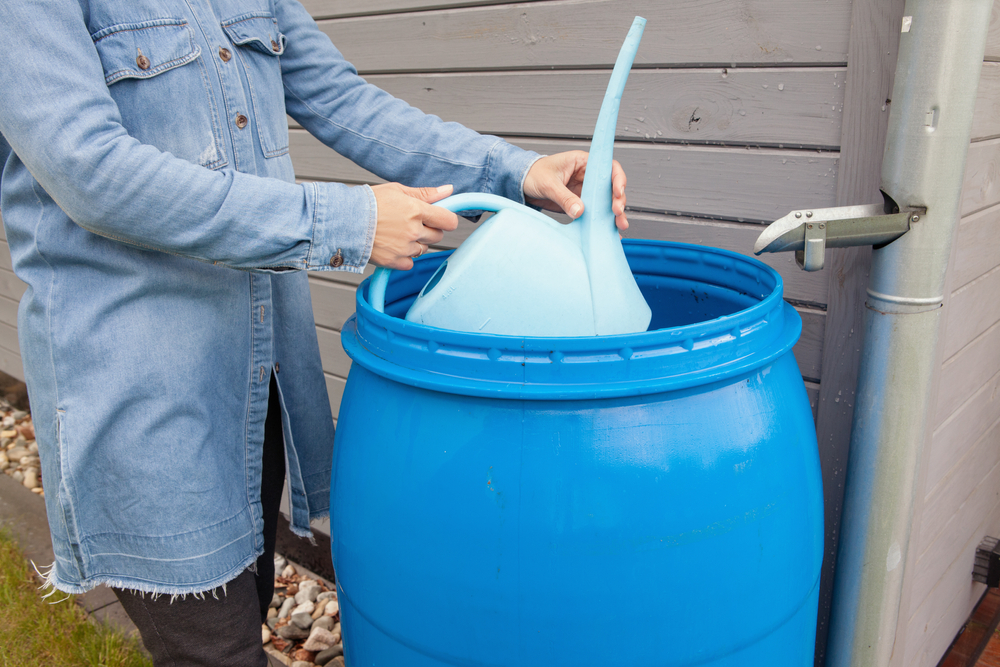
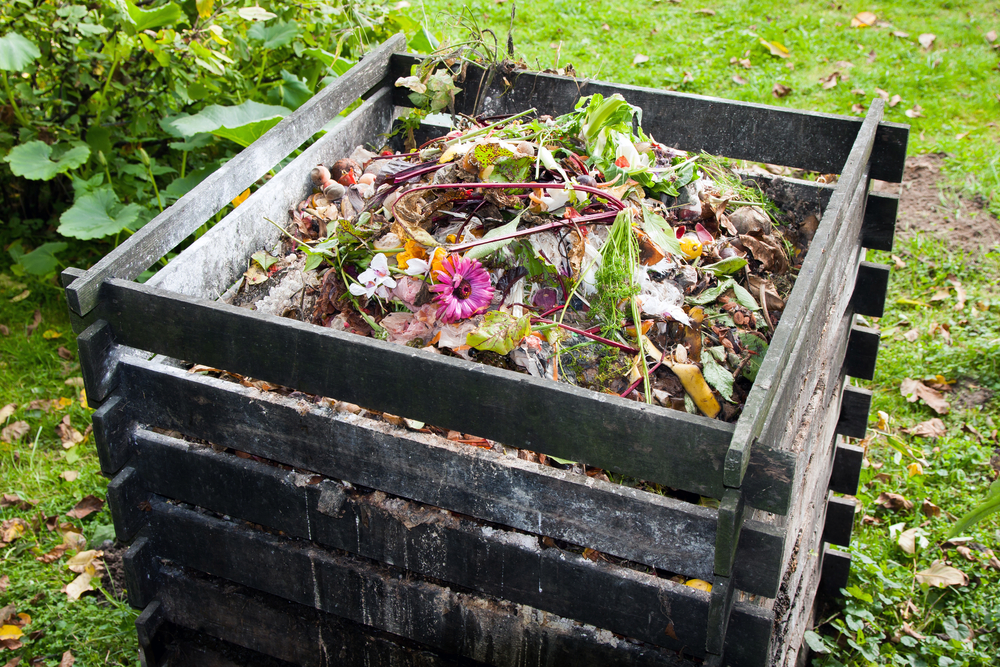
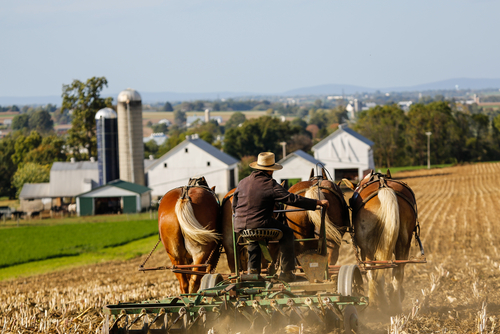
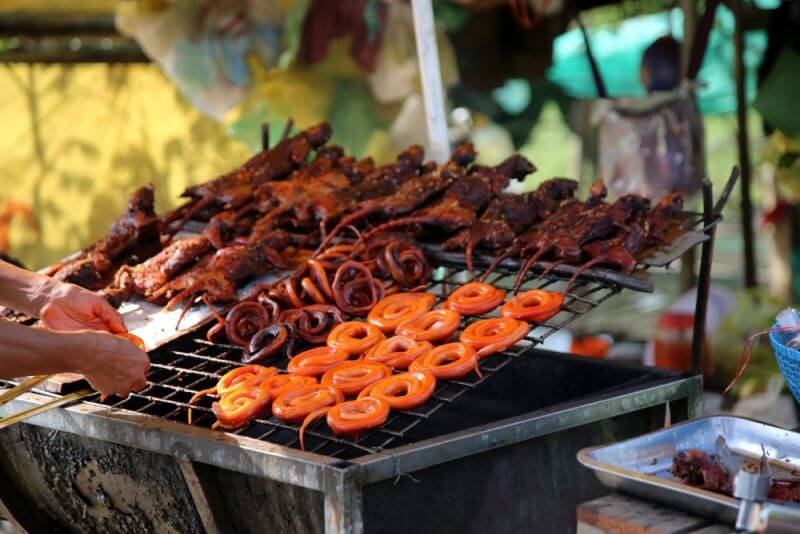


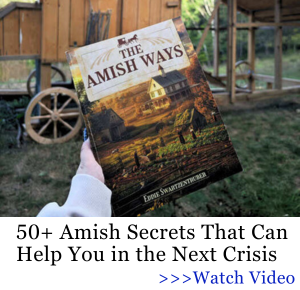
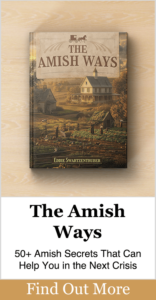
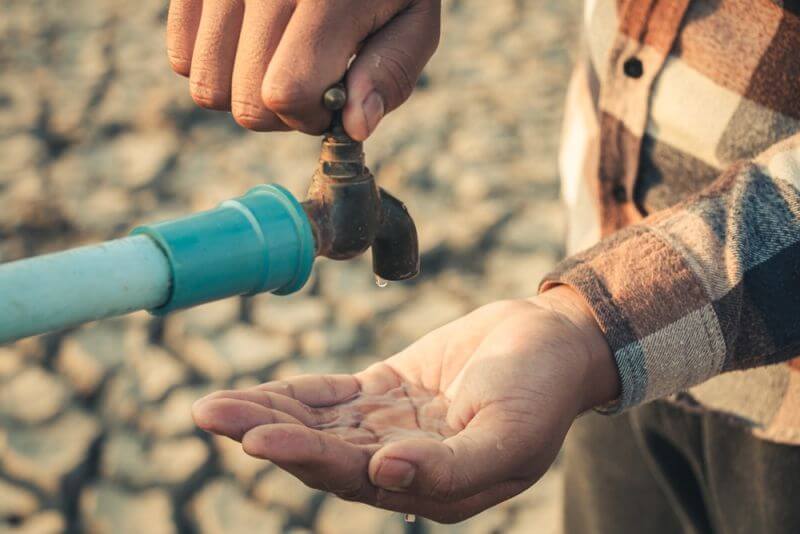




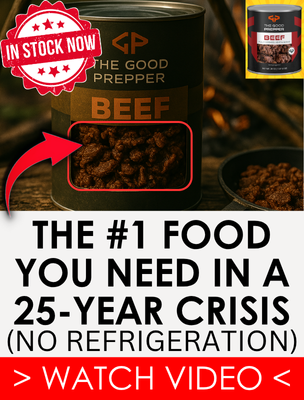
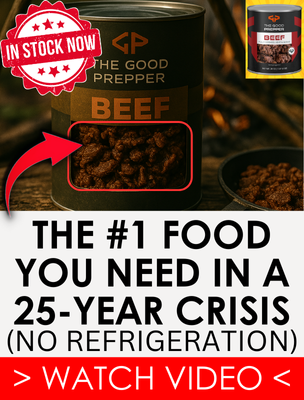

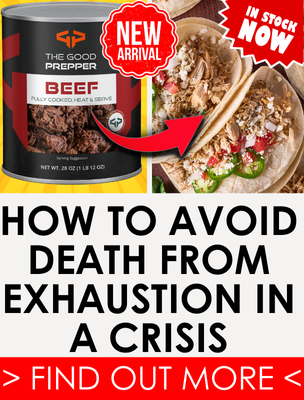
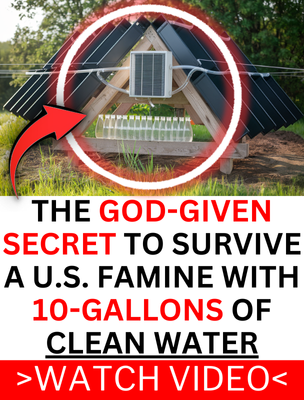

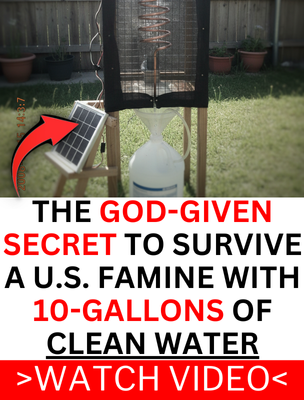



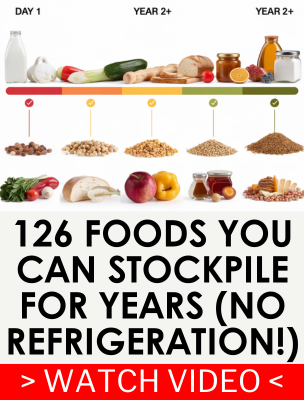
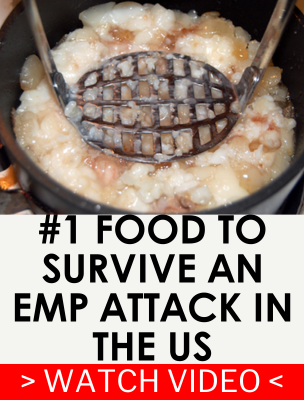
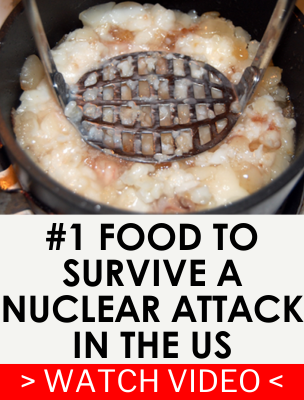
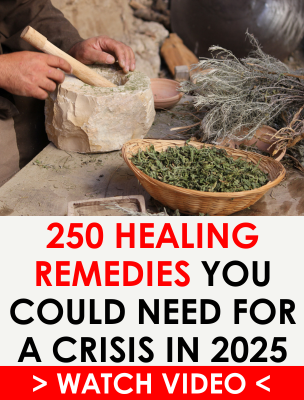
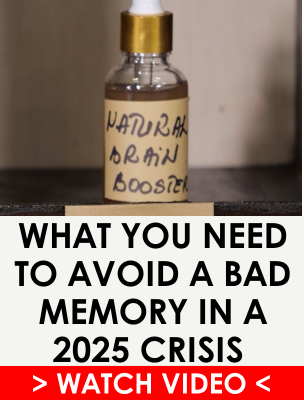
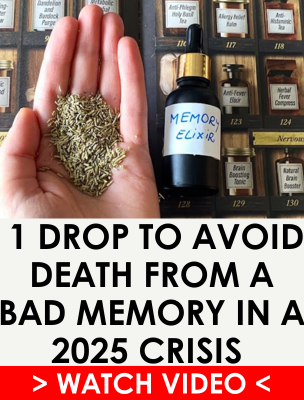



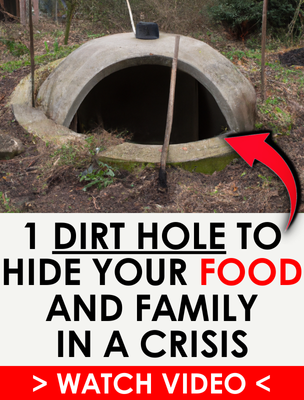
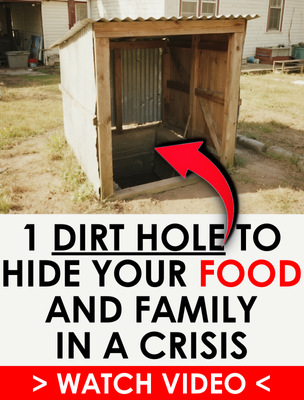
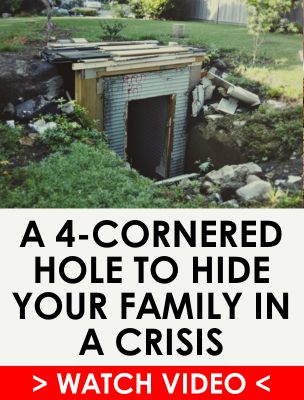

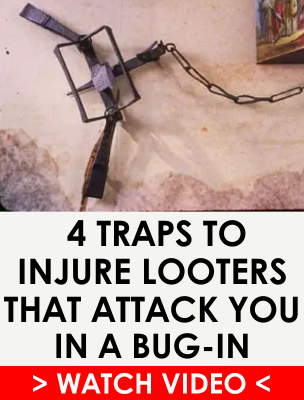
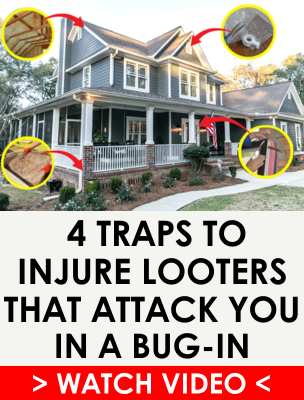







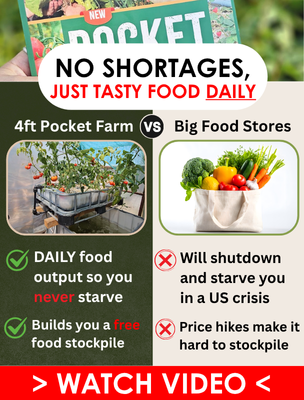


I visualize people living in less developed places in the world after any harsh scenario for us like nuclear war, electromagnetic pulse, world war, economic and societal collapse. A family in a modest one room straw and mud home wakes up the next morning with zero news of any of that and zero awareness that much of the world doesn’t have electricity and what was traffic before has become a parking lot of dead cars. They wouldn’t know because they never experienced electricity nor paved roads with vehicles nor even television or radio to be getting the news of the rest of the world. Instead, that morning would be to them the same as previous mornings as they tend their crops and animals. That minimalism and others in many places in the world having similarities would be among a spectrum of my preparedness options with my sea based mobility preparedness contingencies.
[email protected]